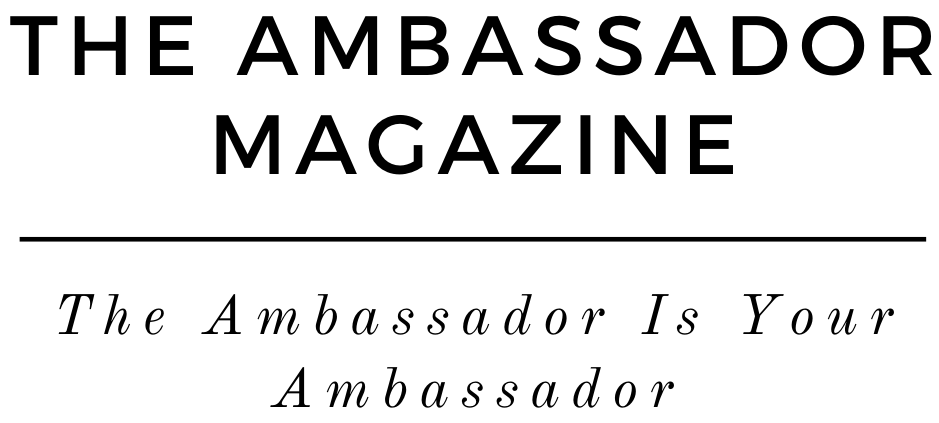By Lloyd Ukwu
– Nigeria is a heterogonous country, and refreshingly, there is strength and enormous potential in our diversity. The framers of the Nigerian constitution pain-stakingly strove to enhance the unity of Nigeria. As such, they framed the constitution to encourage the emergence of national and unifying figures as presidents. And acutely conscious of the debilitating and destructive consequences of religious bigotry and fanaticism, they made Nigeria a secular state.
Presently, religious fanaticism presents a grave danger to Nigerian unity. The Sunni Islamic fundamentalism (as personified by the All Progressive Congress (APC) presidential candidate, Mohammadu Buhari) accentuated the divide between Christian and Moslems, and brought division between Sunni and Shiite Moslems. Shiites with their tradition of religious activism, sometimes, provide an alluring alternative to the more conservative Sunni religious-political establishments. The Sunni establishments are occasionally wary of Shia’s religious zeal: broadcasting their interpretation of Islam in Sunni neighborhoods, organizing city-wide processions, distributing pamphlets on city streets, and engaging in argument with Sunnis in mosques and religious centers. However, the two groups, for long, co-existed in peace. But, with the rise of Sunni extremism, there is now palpable tension between the two Moslem groups. This tension has periodically resulted to clashes between them.
On August 5, 1996, in Sokoto, the Shiites clashed with the Sunnis, leaving one person dead and several others wounded. A week later, on the day of the commemoration of the birth of Prophet Muhammad, arguments between the two groups erupted in rioting. Several people were injured and many houses razed to the ground. Again, in Sokoto, a major fight broke out between them. Fighting started on Friday during afternoon prayers, and continued until Monday evening. Shiite and Sunni activists battled each other with sticks, machetes and swords, resulting in deaths of at least three people and the injuring of dozens. Shops, houses and vehicles were torched.
Following the Shiite assassination of Imam Umaru Danmaishiyya, a Sunni fundamentalist preacher, known for his fiery anti-Shiite tirades, Sunnis attacked Shiites, and demolished and looted shops and houses belonging to them. Many Shiites were killed and maimed, and women and children were forced to take refuge in bushes for days. Property worth hundreds of millions of Naira, owned by the members of the Islamic Movement (a Shiite organization), were destroyed by Sunnis. And the Islamic Movement center, a social center that also housed a community clinic was demolished. And recently, on November 3, 2014, during a procession to mark the Shiite religious festival of Ashura, in Potiskum, a suicide bomber struck. The Boko Haram bomber joined the procession before detonating his device in the middle of the crowd, killing at least 22 persons and wounding about 100.
Boko Haram, an extremist Sunni group affiliated to al-Qaeda, considers the Shiite brand of Islam a heresy. The suicide bombing demonstrates the extent extremist Sunni groups in Nigeria can go to murder Shiites, innocent Muslims with a slight variation in their own interpretation of the Quran.
According to a former Boko Haram terrorist, Mohammed Haliru, “I have worked so closely with Mohammadu Buahri for many years, and I can prove that General Buhari is the most notable and outspoken jihadist hardliner in Nigeria, who is also strategically sponsoring Boko Haram.” ISIS is in the Middle East what Boko Haram is in Nigeria. They are both fanatical Sunni sects terrorizing Shiite Muslims and Christians. Just as ISIS is beheading Shiite Muslims in Iraq and Syria, Boko Haram is beheading Shiite Muslims in Nigeria. Is Boko Haram (like ISIS in the Middle East) not fighting to impose Sunni Sharia law in Nigeria? And did the APC presidential candidate, Mohammed Buhari, in the past, not publicly state his preference for the Sharia law over the Nigerian Constitution.
Presently, for political expediency, he is denying his support for the Boko Haram and Sunni attacks on the Shiites. Temporarily, he needs to hide his avowed hatred for Shiites and Christians because he needs their votes to become the President of Nigeria. But then, as the saying goes, “a leopard never loses his spots.” So, irrespective of his desperation to change his image, he remains an irredeemable, unrepentant Islamic fanatic and a sponsor of violence against Shiites and Christians. As, “the true test of a man’s character or excesses are revealed once he has gained power”, Buhari, once elected president will use the enormous powers of the office of the president to advance his agenda: imposition of Sharia in northern Nigeria and the whole of Nigeria and the increased persecution and repression of Shiite Moslems and Christians. Undoubtedly, these will destroy the fragile peace in this our multi-ethnic country, and possibly, plunge it into a civil war.
A Buhari presidency will pose a mortal threat to Nigeria. For the peace and stability of this country, it behooves Nigerians to re-elect Goodluck Jonathan. If re-elected, his term in office, will end in 2018 (if the court rules that he cannot be in office for more than 8 years) or 2019, if he serves out, in full, his second term. Then, Nigerians will be opportune to elect as president, a Northerner, an enlightened and broad-minded man that can hold this country together in peace and prosperity.
Lloyd Ukwu, a lawyer, writes from
lawgroupinternational@gmail.com









